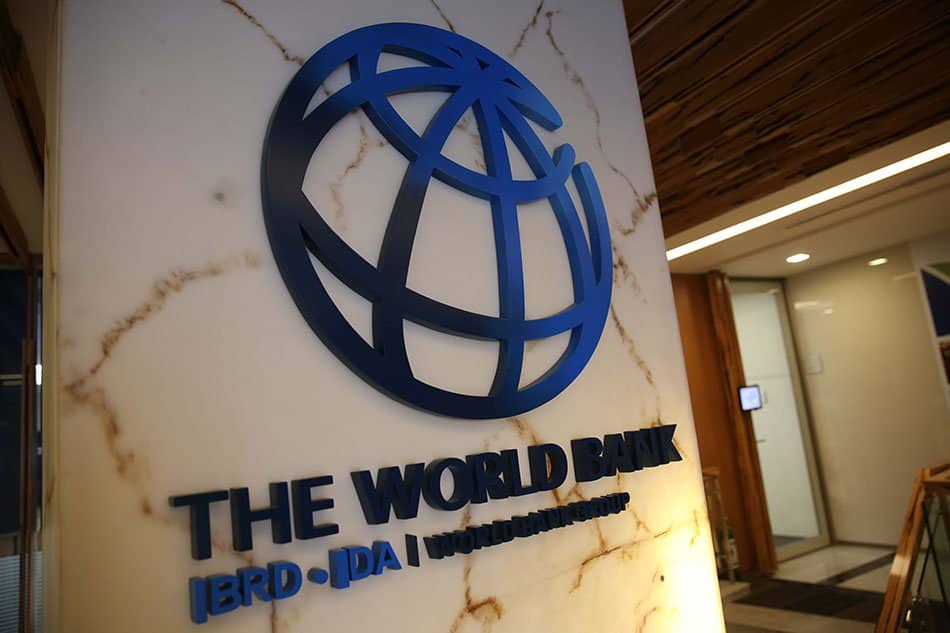The World Bank has projected Nigeria’s economic growth to decelerate to 2.9 per cent in 2023 and remain at that pace in 2023 due to oil sector weakness.
In its 2023 Global Economic Prospects report, the multilateral lender said Nigeria’s growth momentum in the non-oil sector is likely to be restrained by continued weakness in the oil sector.
The report stated: “Existing production, security challenges, and moderation in oil prices are expected to hinder a recovery in oil output. Policy uncertainty sustained high inflation, and rising incidence of violence is anticipated to temper growth. The fiscal position is expected to remain weak because of high borrowing costs, lower energy prices, sluggish growth of oil production, and subdued activity in the non-oil sectors.”
READ ALSO: World Bank warns growth in emerging markets, developing economies will be hit hard in 2 years
In the report, the World Bank also noted that Nigeria’s economy weakened to 3.1% in 2022. And this was due to a number of factors, including lower crude oil, rising production costs, crude oil theft, lack of payment discipline in joint ventures, and persistent under-investment.
The World Bank blames some of these challenges on the diversion of oil revenues to petrol subsidies, estimated at over 2% of gross domestic product (GDP) in 2022.
The World Bank report also stated that the world economy will grow by just 1.7% in 2023, a sharp fall from an estimated 2.9% in 2022.
In a January 10 interview with AFP, World Bank economist, Ayhan Kose said: “The risks that we warned of six months ago have materialized and our worst-case scenario is now our baseline scenario. The world’s economy is on a razor’s edge and could easily fall into recession if financial conditions tighten.”
The World Bank predicts that in the sub-Saharan African region, which accounts for about 60% of the World’s extremely poor, growth in per capita income from 2023 to 2024, is expected to average just 1.2%, a rate that could cause poverty rates to rise, not fall.
The World Bank blames the projected global economic slowdown on high inflation, high-interest rates, reduced investment and disruptions caused by Russia’s invasion of Ukraine.

 Latest4 days ago
Latest4 days ago
 Trends5 days ago
Trends5 days ago
 Business7 days ago
Business7 days ago
 Football7 days ago
Football7 days ago
 Health6 days ago
Health6 days ago
 Featured7 days ago
Featured7 days ago
 Football6 days ago
Football6 days ago
 Business7 days ago
Business7 days ago

